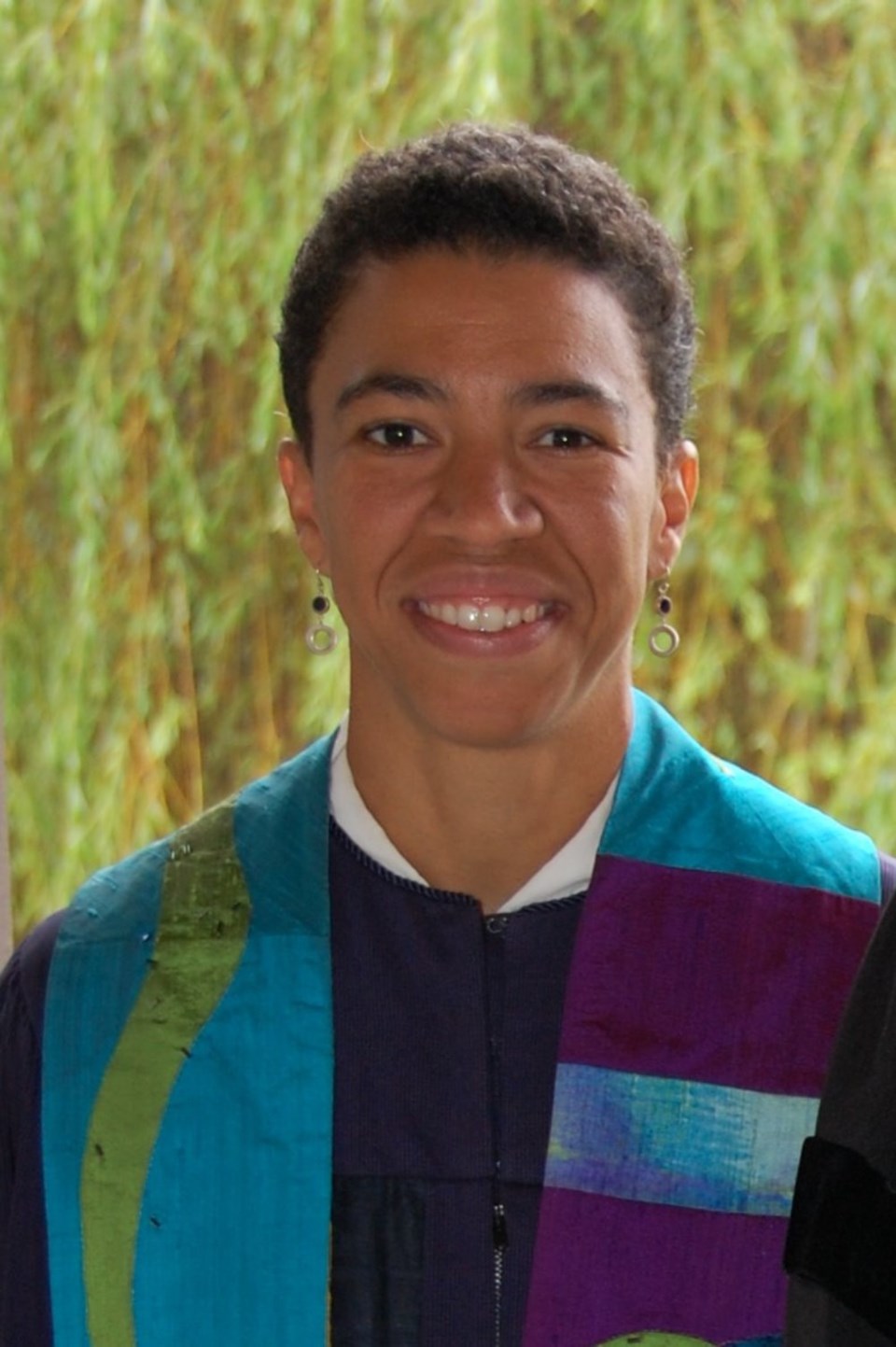At a time in our world when so much seems to be falling apart, it can be impossible to know what to do. As individuals we are powerless to stop the wars that are tearing nations apart and leaving grief-stricken communities and families behind. We can let our elected officials know that we want peace - that we want them to push for an end to violence - and yet that feels like so little in the face of so much suffering.
We could say the same, of course, about the toll and damage being done to the planet. We know that so many of the plants and animals with which we share the Earth are being so adversely impacted by human life. There are small things that we can and must do to try to stem the tide - quite literally - before it’s too late, but that too feels insufficient. The mounting crises of our time offer no easy solutions, and no simple way for our actions to make lasting or significant change. With all of this as the context for our lives, I hear more and more people asking fundamental questions about existence. In light of all of this destruction, and holding so much sadness about it all, again and again I hear: How do I live my “best” life? Best not as in most successful, but best as in a life that when I am nearing its end, I will feel a sense of contentment.
How do you live your best life? Or, perhaps more accurately, how do you live as close to it as possible? When you think about the models upheld for you by family or friends or our capitalist economic system, do you find alignment or dissonance? When you think about the arc of your life, do you notice that your vision of what a best life is, has changed over time? Do you want different things - things that aren’t things?
As I have passed middle age and increasingly confront the loss of many people I love, I find that the question of how I am living feels more urgent than ever. I sense that this is true for my friends as well. The fact of our limited days feels more real, the need to make the most of them pressing. I have come to understand that others will not share my sense of “best” life, but that for most of us it has something do with how well our calendar reflects our life’s priorities. Am I doing and being in ways that feel most important to me? If someone were to look at my calendar, could they tell what I valued?
Perhaps a 21st century best life involves living my values in a way that is humble, that leaves lots of room for others to do the same and for the planet to continue to exist long after I am gone.
Here are my recent best life realizations: I am most clear about what my best life is when I am focused on love and loss. I am at my best when I understand that my sense of best is not necessarily shared by others, it’s just mine. My best is rooted in being here for others as they try to chart their path.
What’s your best life? How does it make room for others to not only survive, but potentially thrive? How will you live in a way that upholds visions of a peaceful, compassionate human community that cares for the planet we share with all beings?
Rev. Shana Lynngood serves as Co-Minister of the First Unitarian Church of Victoria. She and her wife and two children have lived as settler/guests in Victoria since 2010. When not deeply engaged with work, Rev. Lynngood is likely to be found reading poetry, listening to music, or walking outside to soak in the beauty of the land and sky and sea and creatures with whom we share this part of the planet.
You can read more articles on our interfaith blog, Spiritually Speaking at /blogs/spiritually-speaking
* This article was published in the print edition of the sa国际传媒 on Saturday, March 9th 2024



